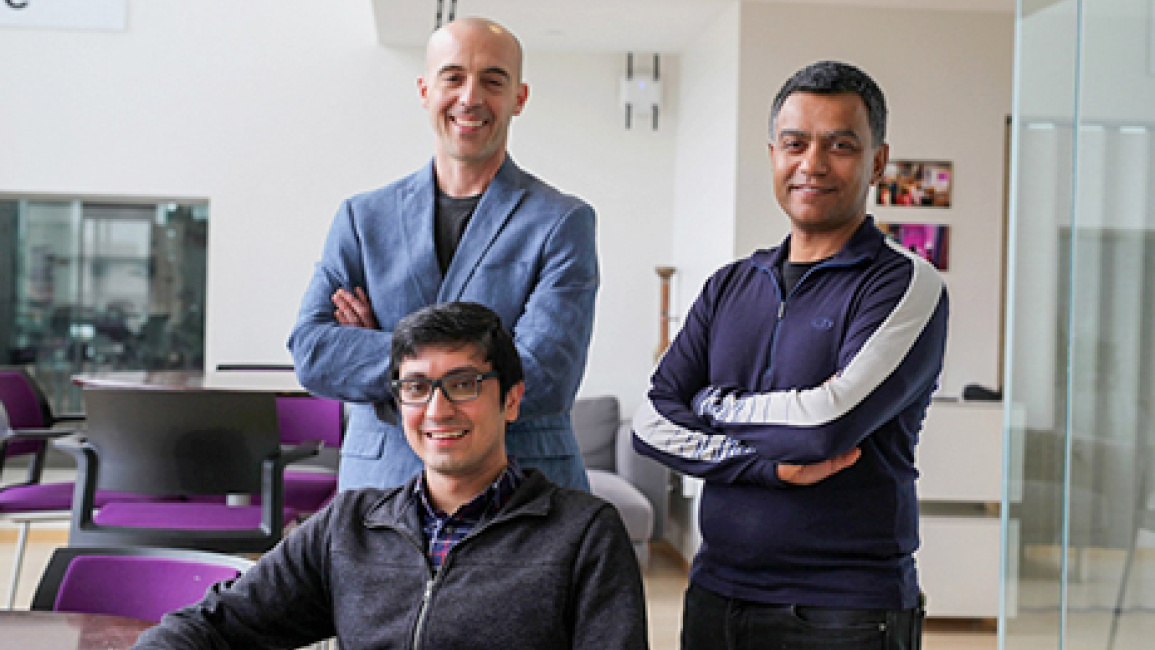- Main
- Node
- ON TWITTER, FALSE NEWS TRAVELS FASTER THAN TRUE STORIES: A NEW STUDY BY THREE MIT SCHOLARS
December 11, 2018 | 16:15
Society
ON TWITTER, FALSE NEWS TRAVELS FASTER THAN TRUE STORIES: A NEW STUDY BY THREE MIT SCHOLARS
A new study by three MIT scholars has found that false news spreads more rapidly on the social network Twitter than real news does — and by a substantial margin.

Moreover, the scholars found, the spread of false information is essentially not due to bots that are programmed to disseminate inaccurate stories. Instead, false news speeds faster around Twitter due to people retweeting inaccurate news items.
The study provides a variety of ways of quantifying this phenomenon: For instance, false news stories are 70 percent more likely to be retweeted than true stories are. It also takes true stories about six times as long to reach 1,500 people as it does for false stories to reach the same number of people. When it comes to Twitter’s “cascades,” or unbroken retweet chains, falsehoods reach a cascade depth of 10 about 20 times faster than facts. And falsehoods are retweeted by unique users more broadly than true statements at every depth of cascade.
Twitter provided support for the research and granted the MIT team full access to its historical archives.
To conduct the study, the researchers tracked roughly 126,000 cascades of news stories spreading on Twitter, which were cumulatively tweeted over 4.5 million times by about 3 million people, from the years 2006 to 2017.
To determine whether stories were true or false, the team used the assessments of six fact-checking organizations (factcheck.org, hoax-slayer.com, politifact.com, snopes.com, truthorfiction.com, and urbanlegends.about.com), and found that their judgments overlapped more than 95 percent of the time.
The result? “We saw a different emotional profile for false news and true news,” Vosoughi says. “People respond to false news more with surprise and disgust,” he notes, whereas true stories produced replies more generally characterized by sadness, anticipation, and trust.
So while the researchers “cannot claim that novelty causes retweets” by itself, as they state in the paper, the surprise people register when they see false news fits with the idea that the novelty of falsehoods may be an important part of their propagation.

